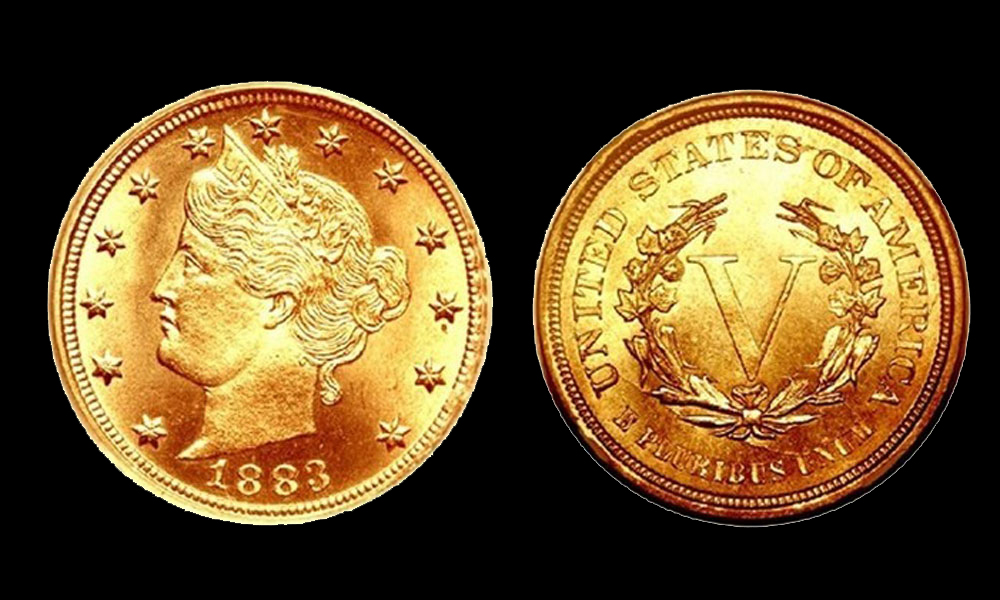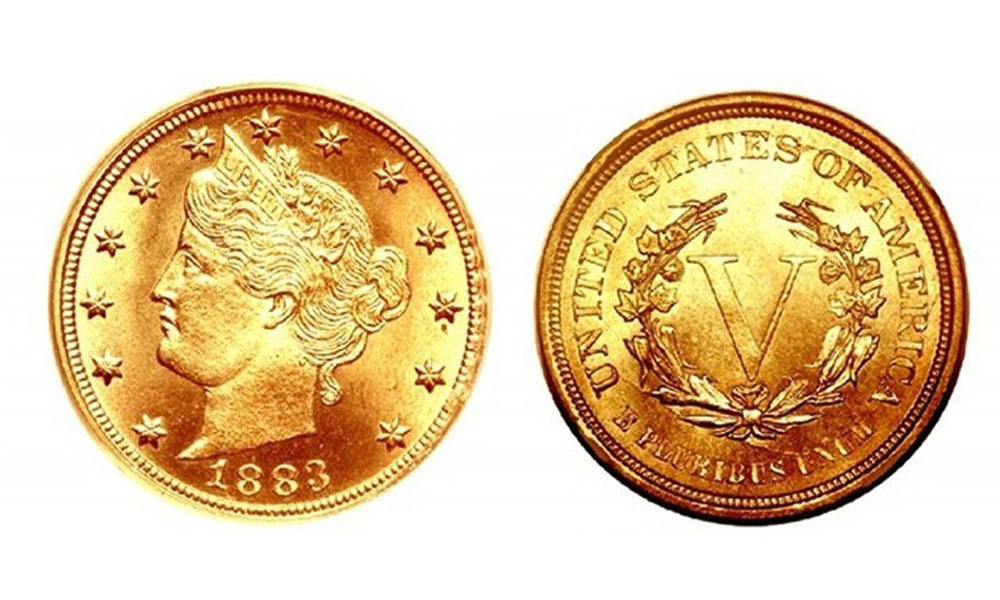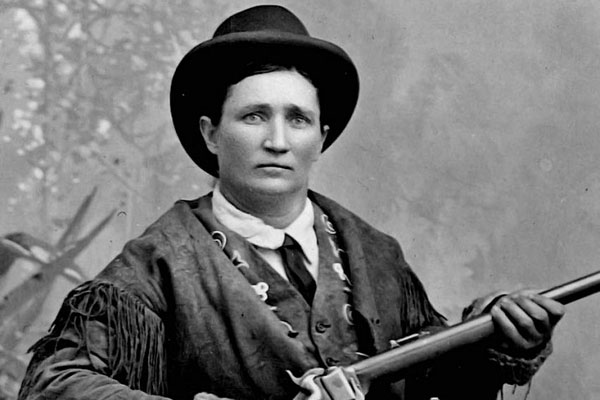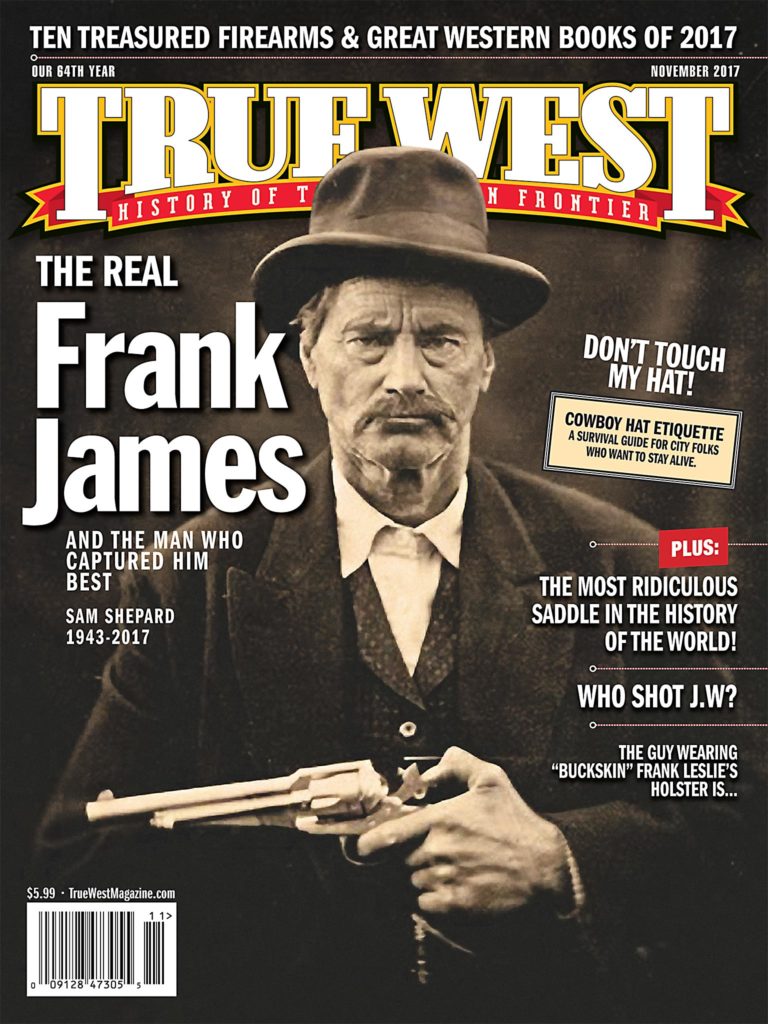
There are a number of terms for playing a joke on somebody but one of the most interesting word origins for such schemes is called “joshing.” Its origins go back to 1883 when the U.S. mint unwittingly introduced the new Liberty nickel. The face on one side was the unmistakable image of the Goddess of Liberty. On the reverse side they placed a large Roman numeral “V”, instead of the usual, “Five Cents”. This presented a golden opportunity for con artists to make a tidy profit. Also the coin closely resembled in size and design the five dollar gold piece. If the schemer was caught by some sharp-eyed clerk all he had to do was say “I was just joking,” or “just pulling your leg.”
The most famous of these con men was Josh Tatum, also reputed to be a deaf mute took it to a new level. He struck up a partnership with a jeweler who gold-plated the V nickels. Josh would walk into a store, buy an item costing five cents or less and lay down one of his coins. If the clerk gave him change for a nickel he’d leave and try another store. However, most clerks looked at the V and assumed it was a five dollar gold piece and give him change for a five. It doesn’t sound like much today but in 1883 Josh could haul in a tidy sum on a good day.
Josh was arrested and hauled before a judge. His lawyer argued that poor Josh was a deaf mute and couldn’t tell the clerk he’d made a mistake. During the testimony the clerks were unable to say Josh had claimed the coins were five dollar gold pieces. So, Josh beat the rap and the jury found him innocent.
The mint reacted to the fraud by suspending production for a spell and added “Cents” to the new issue. The V nickel was replaced in 1913 by the Buffalo and American Indian coin.





